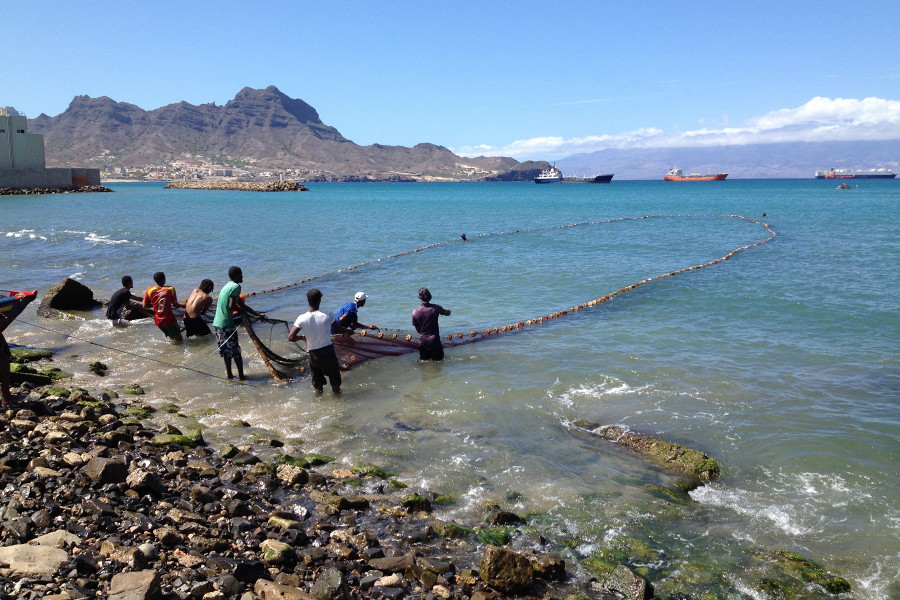Marine and Coastal Geohazards
The coastal regions are among the most important habitats for mankind. They are densely populated, accommodate infrastructures such as ports and industrial plants and are of great tourist importance. Rising sea levels as a result of climate change, erosion and flooding threaten coastal regions worldwide - the largest cities in the world are located in endangered coastal areas. Marine natural hazards such as earthquakes and submarine landslides and, as a consequence, tsunamis are also dangers for coastal residents and coastal ecosystems.
At the Center for Ocean and Society, researchers are investigating the geological aspects of marine natural hazards and how they affect society, especially those living in coastal regions.
In cooperation with national and international partners, historical and prehistoric marine disasters are researched, with a particular focus on the geological causes.
Methods
In order to identify and analyze natural marine hazards, the working group of the Centers for Ocean and Society pursues an amphibious approach: land, coast and sea are viewed as a coherent, spatial system. In order to record this system from the coastal area to the deep ocean basins, geophysical and geological measurement campaigns with research vessels, on land and in the air with unmanned aerial vehicles (e.g. drones) are combined.
The bundling of different research approaches plays a special role here: At the Center for Ocean and Society, scientists from the natural and social sciences and non-academic partners from civil society work together.
With the knowledge of the frame conditions under which earthquakes, landslides and tsunamis occurred, conclusions can be drawn about possible future events. Realistic scenarios of how these predicted dangers will affect people in the examined regions are then calculated.
XR Lab "cabu:ff at CeOS"
cabu:ff (capture&build:facts&formats) is a platform at the Center for Ocean and Society for the creation of media and virtual reality content for the dialogue between science and society. In contrast to unidirectional communication, the content created in cabu:ff is designed to initiate dialogue and interaction. The cabu:ff creates various products and develops media formats for scientists, specifically supporting communication and interaction in inter- and transdisciplinary projects.
Projects
From the ocean to the universe to society (FON-2020-04)
Pre-site survey for an amphibious drilling project for the palaeo-reconstruction of the Laurentian Ice Sheet in Labrador, Canada
Artisanal fisheries contribute importantly to nutrition in the African archipelagic state of Cape Verde.

















